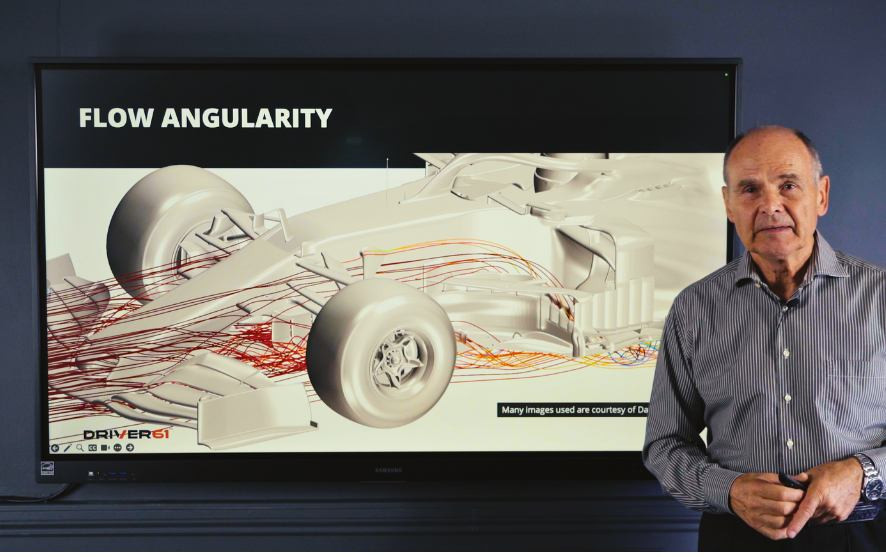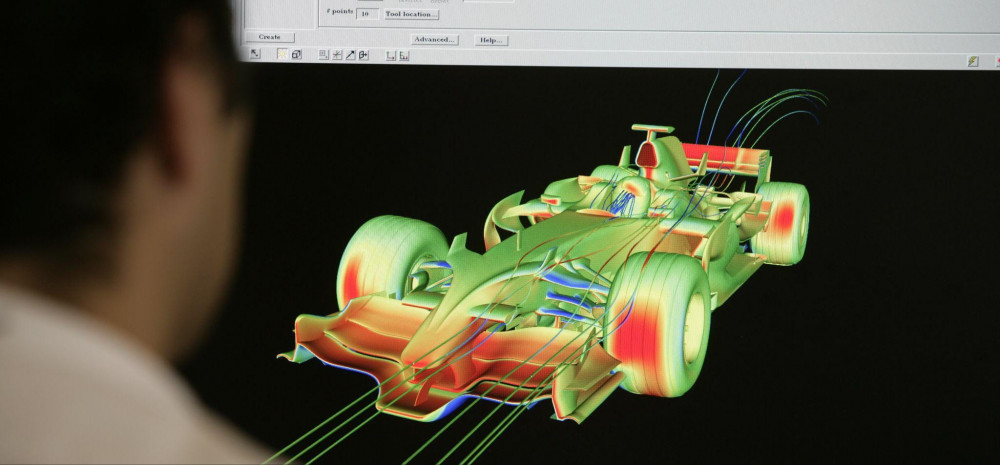Formula 1 has long been at the forefront of automotive innovation, with software development playing an increasingly crucial role in the sport's technological arms race.
From controlling intricate hybrid power units to analysing vast amounts of real-time data, software engineers are vital to modern F1 teams.
Today's article explores the landscape of software engineering in F1, detailing the skills, projects, and opportunities available in this elite motorsport arena.

Essential Skills and Qualifications
To thrive in F1 software engineering, a strong educational foundation is typically required. Most positions call for a bachelor's degree in computer science, software engineering, or a related STEM field.
However, practical skills and experience are equally important.
Key programming languages and technologies include:
- C# (.NET 6+): Widely used for developing data analysis tools and race strategy software
- Python: Essential for data processing, machine learning, and rapid prototyping
- C/C++: Critical for embedded systems like the Electronic Control Unit (ECU)
- Java: Used in various applications, including simulation software
- JavaScript/TypeScript: Crucial for web-based dashboards and data visualisation tools
- MATLAB: Important for modelling and simulation in vehicle dynamics and aerodynamics
Web technologies such as Blazor and React are increasingly important as teams develop more sophisticated data visualisation and analysis tools. Proficiency in both SQL (e.g., SQL Server) and NoSQL (e.g., MongoDB) databases is essential for managing the vast amounts of data generated in F1.

DevOps skills are highly valued, with knowledge of Docker, Kubernetes, and cloud platforms like Azure being particularly sought after. Familiarity with version control systems, particularly Git, is a must, as is experience with CI/CD pipelines and tools like Azure DevOps.
Key Software Projects in F1 Teams
Software engineers in F1 work on a diverse range of projects, each requiring specific skills and expertise:
Electronic Control Unit (ECU) Development:
- Primary languages: C, C++
- Environment: Proprietary IDEs, MATLAB/Simulink
- Skills: Real-time programming, embedded systems, model-based design
The ECU, supplied by McLaren Applied to all F1 teams, is a critical component controlling various car systems. Engineers work on both the base software and team-specific calibrations.
Telemetry and Data Analysis Systems:
- Primary languages: C#, Python
- Environment: Visual Studio, PyCharm
- Skills: Data processing, real-time analytics, SQL
Software like Atlas, used by all F1 teams, allows engineers to perform deep dives into car performance data. Developing and maintaining these systems requires expertise in handling large datasets and creating intuitive user interfaces.
Race Strategy Software:
- Primary languages: Python, C#
- Environment: Visual Studio, PyCharm, Jupyter Notebooks
- Skills: Algorithmic thinking, statistical analysis, UI design
Engineers create sophisticated tools to simulate different race scenarios and aid decision-making during grands prix. These applications often integrate machine learning algorithms to predict outcomes based on historical data.
Simulation and Modelling Tools:
- Primary languages: C++, Python, MATLAB
- Environment: Visual Studio, MATLAB IDE
- Skills: Physics simulation, high-performance computing, 3D graphics
These tools are crucial for car development, requiring software engineers to work closely with aerodynamicists and vehicle dynamicists. Knowledge of computational fluid dynamics (CFD) and finite element analysis (FEA) can be beneficial.

Specialised Areas of Expertise
Several specialised areas offer opportunities for software engineers to make significant impacts:
Machine Learning and AI:
- Primary languages: Python, potentially Julia
- Environment: Jupyter Notebooks, PyCharm
- Skills: TensorFlow, PyTorch, scikit-learn
ML and AI are increasingly applied to various aspects of car development, race strategy, and performance optimisation.
High-Performance Computing:
- Primary languages: C++, CUDA
- Environment: Visual Studio, Linux-based systems
- Skills: Parallel programming, GPU acceleration
HPC is crucial for running complex simulations and processing large datasets quickly.
Virtual and Augmented Reality:
- Primary languages: C#, C++
- Environment: Unity, Unreal Engine
- Skills: 3D graphics, real-time rendering
VR and AR are emerging technologies used for driver training, car design visualisation, and fan engagement.

The F1 Work Environment
Working in F1 is known for its fast-paced, high-pressure environment. Deadlines are often tight, and the demands for performance and reliability are extremely high.
Software engineers must be able to work effectively under pressure, prioritise tasks, and communicate clearly with team members from various disciplines.
Collaboration is key, with software engineers regularly working alongside aerodynamicists, race engineers, and other specialists. Some roles may involve travel to races to provide on-site support, offering a unique blend of office-based work and trackside experience.
Career Paths and Progression
Entry-level positions often involve working on specific components of larger systems, providing an opportunity to gain broad exposure to F1 technology.
As engineers gain experience, they may specialise in areas such as ECU development, data analytics, or simulation software.
Senior roles involve leading development teams, architecting complex systems, and working closely with other departments to drive innovation. Some engineers may progress to roles such as Head of Software or Chief Information Officer.
How to Break into F1 Software Engineering
Building relevant experience is crucial. This might involve working on projects related to real-time systems, data analytics, or simulation software. Participating in motorsport-related coding challenges or open-source projects can also be beneficial.
Networking is important in the relatively small world of F1. Attending industry events, following teams and engineers on social media, and joining relevant professional groups can all help to make connections.
Many teams offer internships or graduate programmes, which can be an excellent way to get a foot in the door. These often provide hands-on experience across different areas of the team's software operations.
Conclusion
The role of software in Formula 1 is set to grow even further in the coming years, with emerging technologies like AI and extended reality offering new avenues for innovation. For software engineers passionate about motorsport and technology, F1 offers a unique opportunity to work at the cutting edge of both fields, contributing to the development of the world's most advanced racing cars.
The diversity of projects and technologies used in F1 means that there are opportunities for engineers with various skill sets and interests. Whether your passion lies in low-level embedded systems, high-performance data analytics, or cutting-edge AI applications, there's likely a role in F1 that can challenge and excite you. The key is to continuously develop your skills, stay abreast of emerging technologies, and be prepared for the fast-paced, high-stakes world of elite motorsport.




